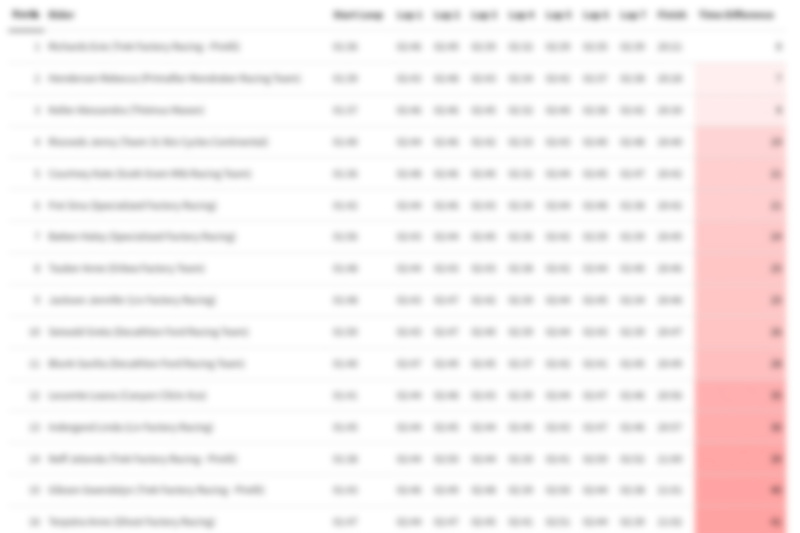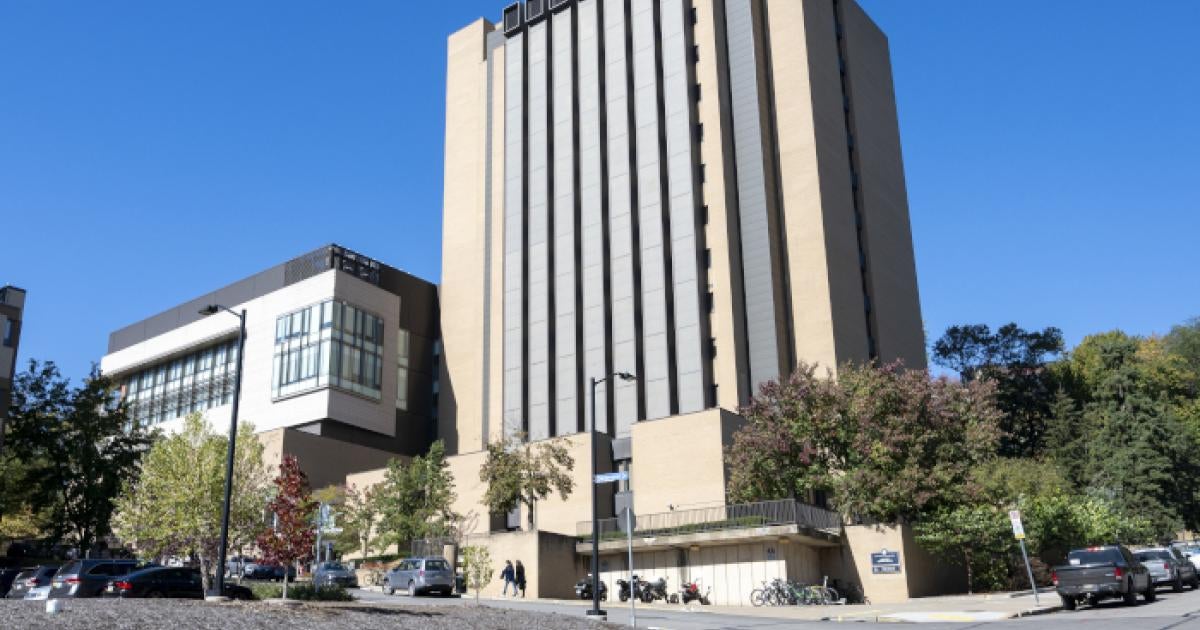The WHO’s Inter Agency Standing Committee (IASC) is a vital organization that leads the Global Health Cluster. Health Cluster Coordinators play a critical role in various activities such as planning, implementing, monitoring, and coordinating with governments. The effectiveness of a cluster greatly depends on the understanding of the cluster mechanism, processes, and capacity among coordinators, co-coordinators, partners, and governments involved.
In the WHO South-East Asia Region, health clusters are currently active in Bangladesh and Myanmar, where there are ongoing grade 2 emergencies. Sri Lanka and Timor-Leste are also adopting the cluster approach to better coordinate health responses in their respective countries. To enhance capacity in this area, a workshop was organized for national participants, partners, and WHO Country Offices involved in Health Cluster Coordination. The workshop took place in Bangkok from April 23rd to April 26th, 2024.
The workshop began with a self-assessment exercise followed by an overview of the Health Cluster approach and humanitarian response planning. An introduction to the SIMEX and Calian platform was also provided. A presentation on PRSEAH was conducted to raise awareness among participants on the issue and WHO’s zero-tolerance policy. The SIMEX sessions focused on disaster readiness planning, establishing national health cluster needs assessments and analysis at subnational levels, creating Health Clusters at subnational levels while adjusting needs assessments and strategic planning accordingly.
Furthermore, the SIMEX covered topics such as resource mobilization for outbreak responses at subnational levels while implementing monitoring responses at subnational levels. It culminated in a mock full-scale Health Cluster meeting that provided an opportunity for participants to put into practice what they had learned during the workshop.
At the end of the workshop, participants engaged in post-SIMEX self-assessments received certifications for their participation in this important training session while providing feedback on their overall experience.
In conclusion, this training session provided valuable insights into how effective communication can be achieved through collaboration between different actors involved in health cluster coordination efforts within South East Asia region. It highlighted how well informed decision making based on accurate data can lead to more efficient outcomes when responding to emergencies involving public health threats within this region.










+ There are no comments
Add yours